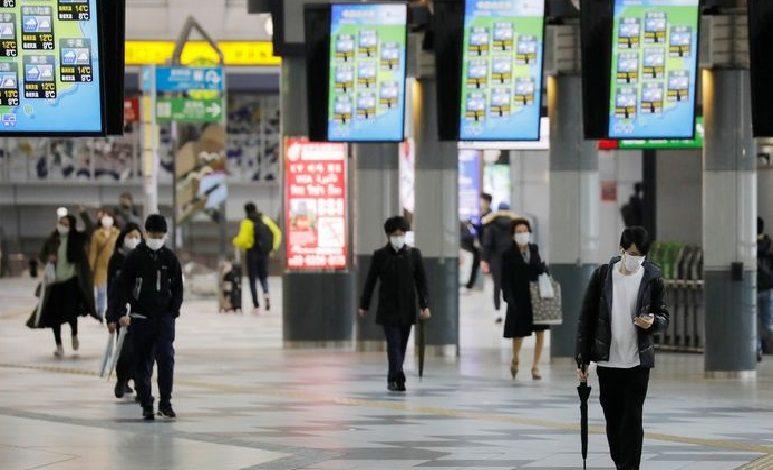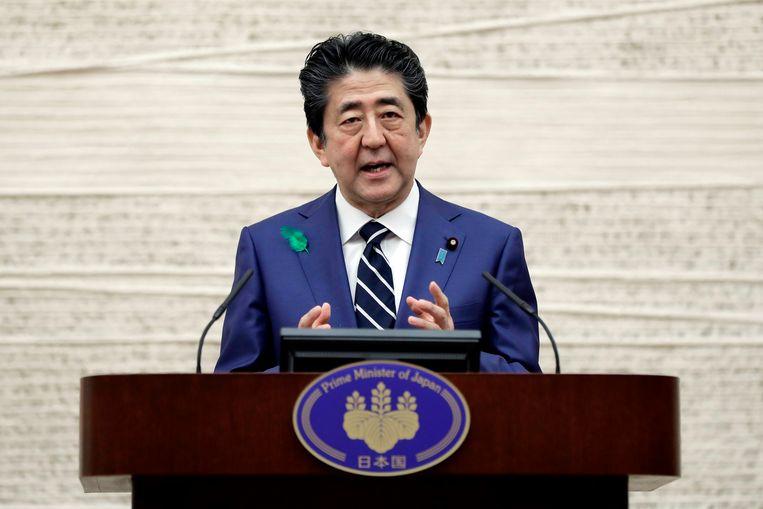Singapore recorded 1,426 cases within 24hrs while Japan exceeds 10,000 cases

In Singapore, 1,426 new infections with Covid-19 have been confirmed in the past 24 hours, local media announced it on Monday. It is the largest increase in one day. The total number of infections in the Asian city-state is now 8,014. Despite the declaration of a state of emergency, the coronavirus is increasingly spreading in Japan. More than 10,000 people have now been diagnosed as infected. Experts warn that more stringent measures are needed to avoid harming hospitals.
The vast majority of the new infections occurred among migrant workers living in communal dormitories, the Singapore health ministry confirmed. Only sixteen of the new infections were registered in people with a permanent residence permit.
Singapore is the most affected country in Southeast Asia by the new coronavirus. It managed to keep the virus under control for a long time but is now struggling with a severe outbreak.
Japan
Japan has so far been less affected by 10,751 infections and 171 deaths than many European countries and the United States. However, the Japanese government has also taken less stringent measures to prevent further spread.
Compared to most other Asian countries, Japan does have a high number of infections. Only China and India are doing worse.

For several days, the state of emergency has been in effect all over the country, where it was previously limited to seven regions. The measure is valid until May 6. Prime Minister Shinzo Abe asked his countrymen to restrict their contacts with other people and to telework as much as possible.
There are now far fewer people traveling by public transport in the capital Tokyo than usual. However, the Japanese do not have to stay at home, and many shops and restaurants are still open.
Garbage bags as protective equipment
Hospitals, meanwhile, have their hands full with the influx of new patients. In some cases, ambulances were dispatched, and in Osaka, the mayor was forced to ask people to donate raincoats to health care providers. Due to shortages of protective equipment, they are now forced to walk around in garbage bags.
“The system is about to collapse in many places,” warned a virologist from Kobe University. He argued that his country should have taken a different approach when the virus became more widespread, but it is traditionally not good at it. “Because by thinking about Plan B, you admit that Plan A may have failed.”




